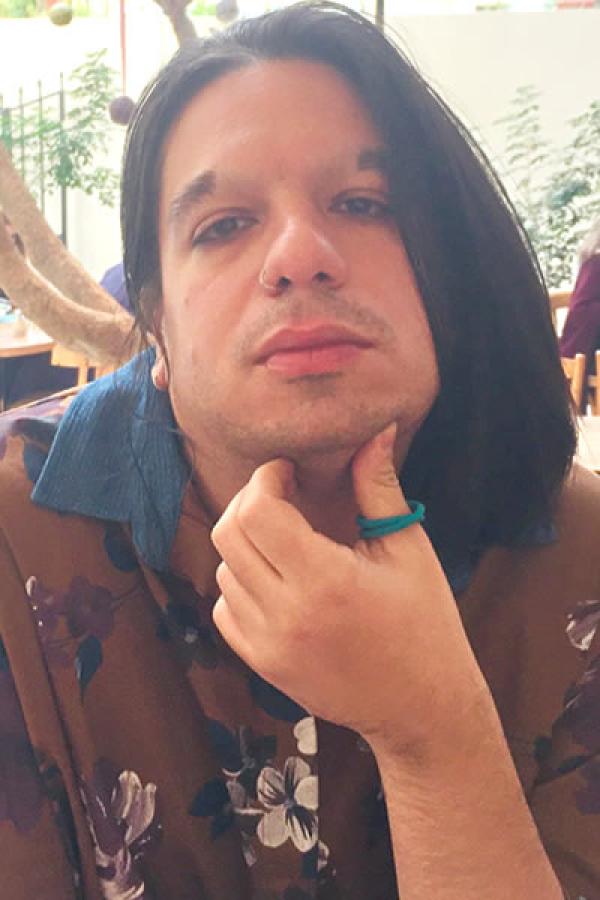Suneela Mubayi

Photo by Rana Issa
Bio
Suneela Mubayi earned a PhD in Arabic literature at New York University on the role of the vagabond and marginal figure in pre-modern and modern Arabic poetry. She translates literature into and from Arabic, English, and Urdu, and has published in Banipal, Beirut39, Jadaliyya, and elsewhere. She wishes to reestablish the position of Arabic as a vehicular language of the global South, the role it played for many centuries. Currently she is teaching Arabic literature at the University of Cambridge.
Project Description
To support (in collaboration with Rana Issa) the translation from the Arabic of the travelogue Tickets to Malta, London, and Paris by the Remarkable Aḥmad Fāris. Born in the village of Ashqūt in Mount Lebanon, Aḥmad Fāris al-Shidyaq (1804-87) left Lebanon after his brother was tortured to death by the Maronite Patriarchy for being the first Arab convert to Protestantism. al-Shidyaq became a nomadic writer, working with missionaries on an Arabic translation of the Bible. His novel Leg Over Leg was recently translated into English. During his time in Malta, London, and Paris, he wrote detailed travelogues for an Arab readership, capturing the culture and lives of ordinary Europeans. Drawing from newspapers, literature, and his own keen observations, this travelogue offers a unique perspective on European cities in the throes of industrial modernity.
Co-translator Rana Issa and I had already collaborated to translate the American poet Marilyn Hacker into Arabic. Almost two years ago, Rana shared passages of al-Shidyaq’s magnum opus Leg over Leg with me, full of his inimitable and trademark playful humor, iconoclasm, and linguistic pyrotechnics. We then chanced on excerpts from his travelogue in England and France, where he made us crack up at his descriptions of Victorian-era English customs and impressed us with his utter lack of an inferiority complex towards Europeans, unique among his peers.
We decided to collaborate on translating these extracts for the journal A Public Space last year. Experience proved we could only render him into English by working as partners to tackle the erudition and complexity that permeate every aspect of his work. Al-Shidyaq combines an elevated style in Arabic that requires an erudite knowledge of the classical Arabic tradition while at the same time being a groundbreaking modernizer of Arabic. My training in the classical canon means that I have al-Shidyaq’s intertextual references at my fingertips, while Rana’s training in the literary history of the nahda period and her decade-long attention to al-Shidyaq make her one of a handful of “Shidyaq scholars” qualified to translate him.
We are at par in both Arabic and English, as I am a native English speaker with native-level fluency in Arabic, while Rana is a native Arabic speaker with native-level fluency in English. In addition, between us we have learned or know the following languages at varying levels of fluency: French, Hebrew, Persian, Greek, and Syriac, languages that al-Shidyaq dabbled in. My translation practice complements Rana’s theoretical interest in the field of translation studies, which makes us a solid pair for translate proficiently without sacrificing the literary pleasure of this text.

